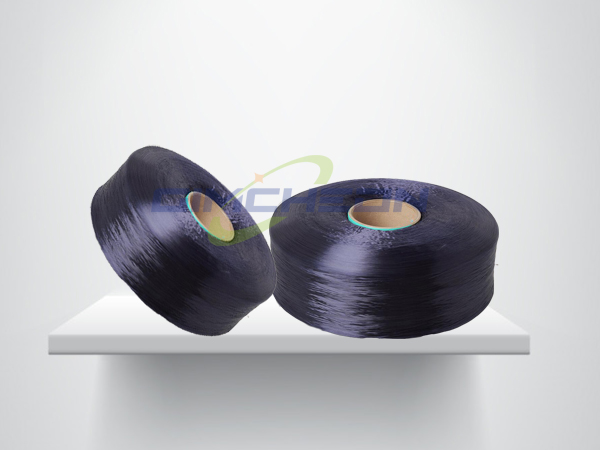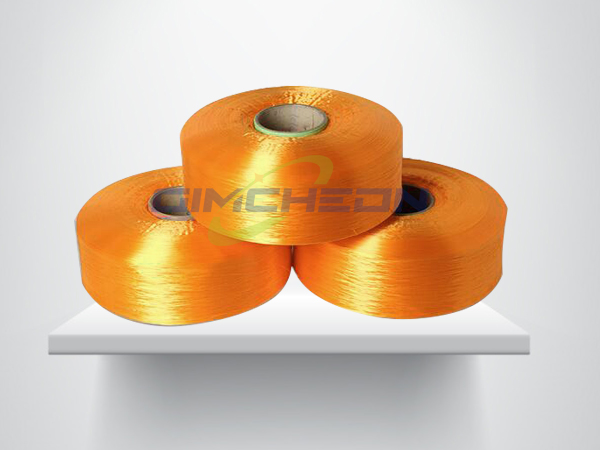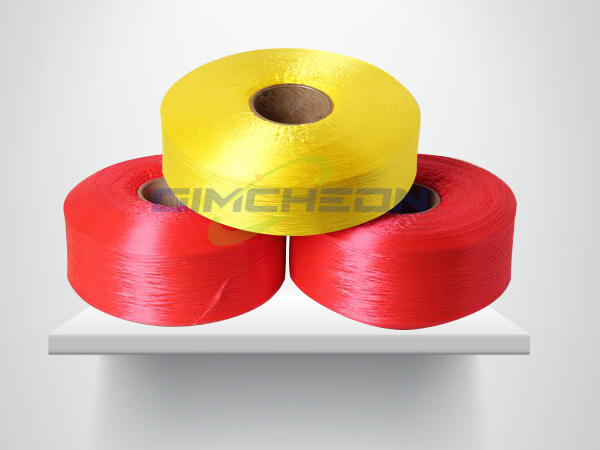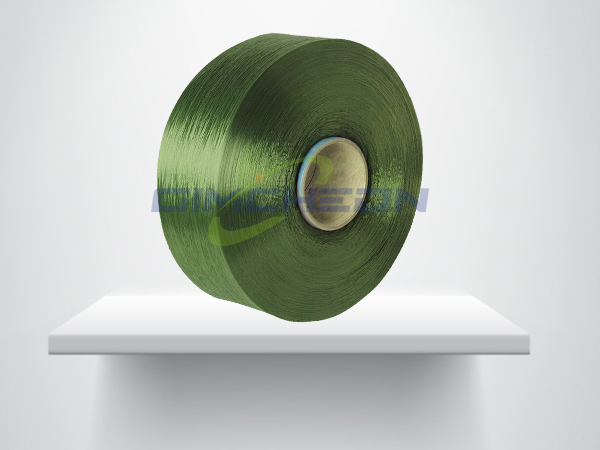

- Tel:0086-0595-83993333
- cel:0086-13506902333
- E-mail:admin@jqfibre.com
- add:Longshi Road, Fashion Apparel Industrial Park, Longhu Town, Jinjiang City, Fujian
According to the analysis of the China Textile Import and Export Chamber of Commerce, last year, foreign trade remedy investigation cases launched for textile and garment products showed many new features. First, there has been an increase in the number of trade remedy investigations, mainly initiated by developing countries. The number of trade remedy investigations suffered by China's textile and garment industry in 2023 exceeded that in 2022, with the overall number of cases reaching 22, an increase of 29%. Among them, 8 anti-dumping cases, down 27% year-on-year; Anti-subsidy 1, an increase of 100%; Safeguard measures 7, an increase of 75%; There were six anti-evasion cases, a year-on-year increase of 500%.
For China's textile and garment industry anti-dumping is still the most commonly used main measure in trade friction, safeguard measures and anti-circumvention cases have increased significantly in 2023. In addition, from the perspective of the countries that initiated the case, the countries that initiated the most trade remedy investigations on China's textile and garment industry last year were Indonesia and Turkey, with 8 cases each, totaling 16 cases, accounting for 72% of the total cases. The rest of the country has a relatively balanced number of cases, with two cases each in the United States, India and Madagascar, and one each in South Korea, Pakistan, Saudi Arabia and Peru.
Declaration: The content of this article is organized from the Internet, and the copyright belongs to the original author; If there is infringement, please inform in time and contact to delete.
- Decoding the core advantages of
- The impact of the Federal Reserv
- The three core advantages of pol
- The High Performance and High Fu
- Polypropylene reclaimed yarn is
- Focus on key industries such as
- What are the characteristics of
- The global trade landscape is un
- The significant advantages of Po
- The application of polypropylene




